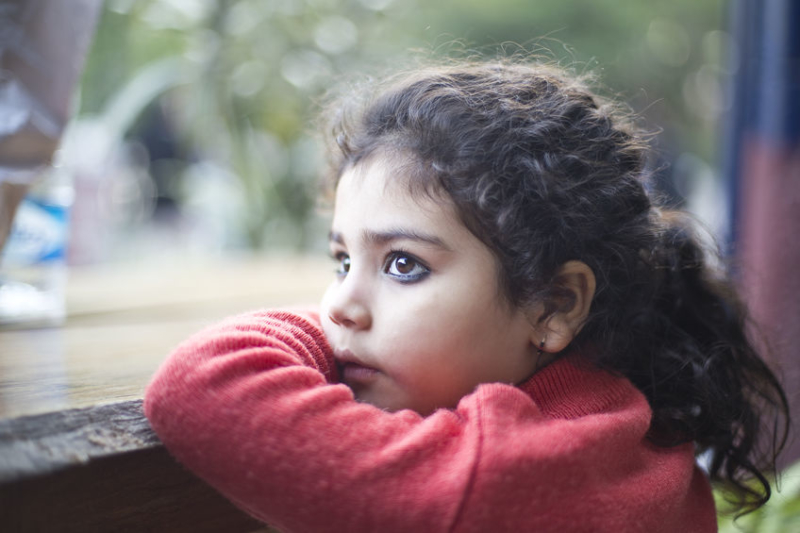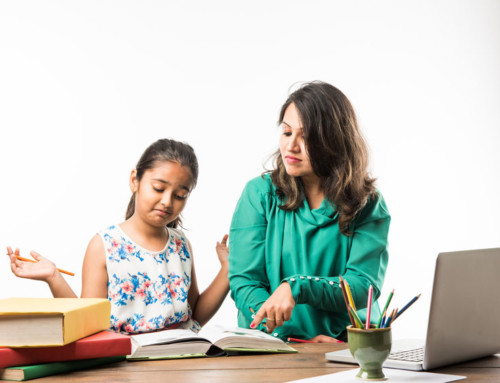Adults experience many emotions, and children are no different. The difference is that through learned-behavior adults know how to process the emotions and how to act based on how they are feeling. This is something children learn over time.
First and foremost- do not judge or rubbish the emotion or the feeling. Don’t say things like, “Oh it’s nothing” or “just forget about it”. Listen patiently. Ask questions to help the child understand the situation. Help the child arrive at a solution/an answer to what they are going through. Effective communication is a very effective tool- use it to encourage your child to talk about their feelings. Talking and listening allows your children to reflect on their feelings and gives you the opportunity to really understand what the child is going through.
Sometimes, you may feel irritated and upset with the situation that your child is going through. It’s only natural for a parent to be protective. But don’t show your annoyance. And listen to your child with a calm disposition, otherwise you may end up creating a situation where your child won’t share his feelings with you anymore. And that will prove completely counterproductive. You being under control will also make your child feel that being calm under duress is the right thing to do. Be a good role model for your child, because your child will always turn to you first.
Please share your experiences and views in the comment section below.








